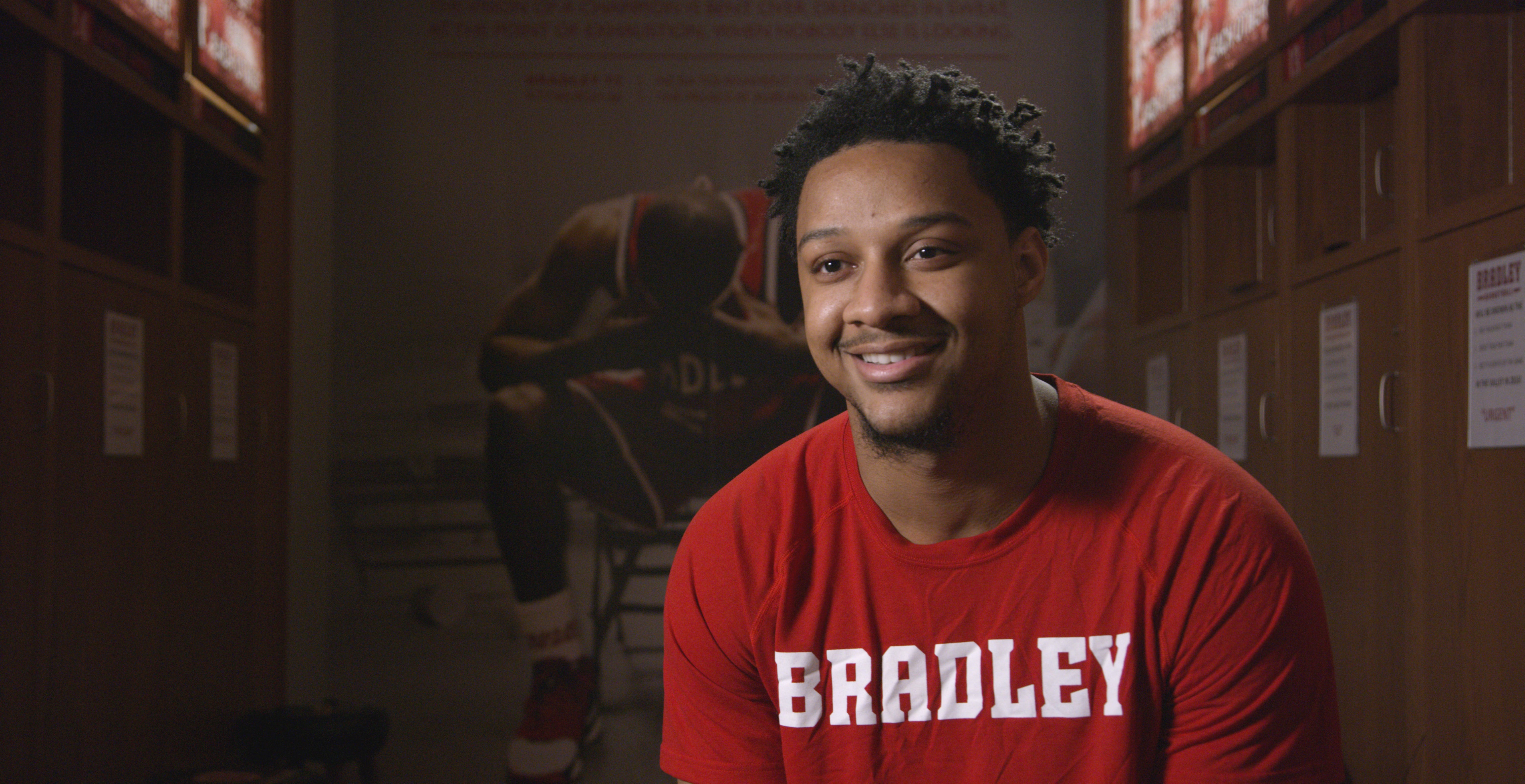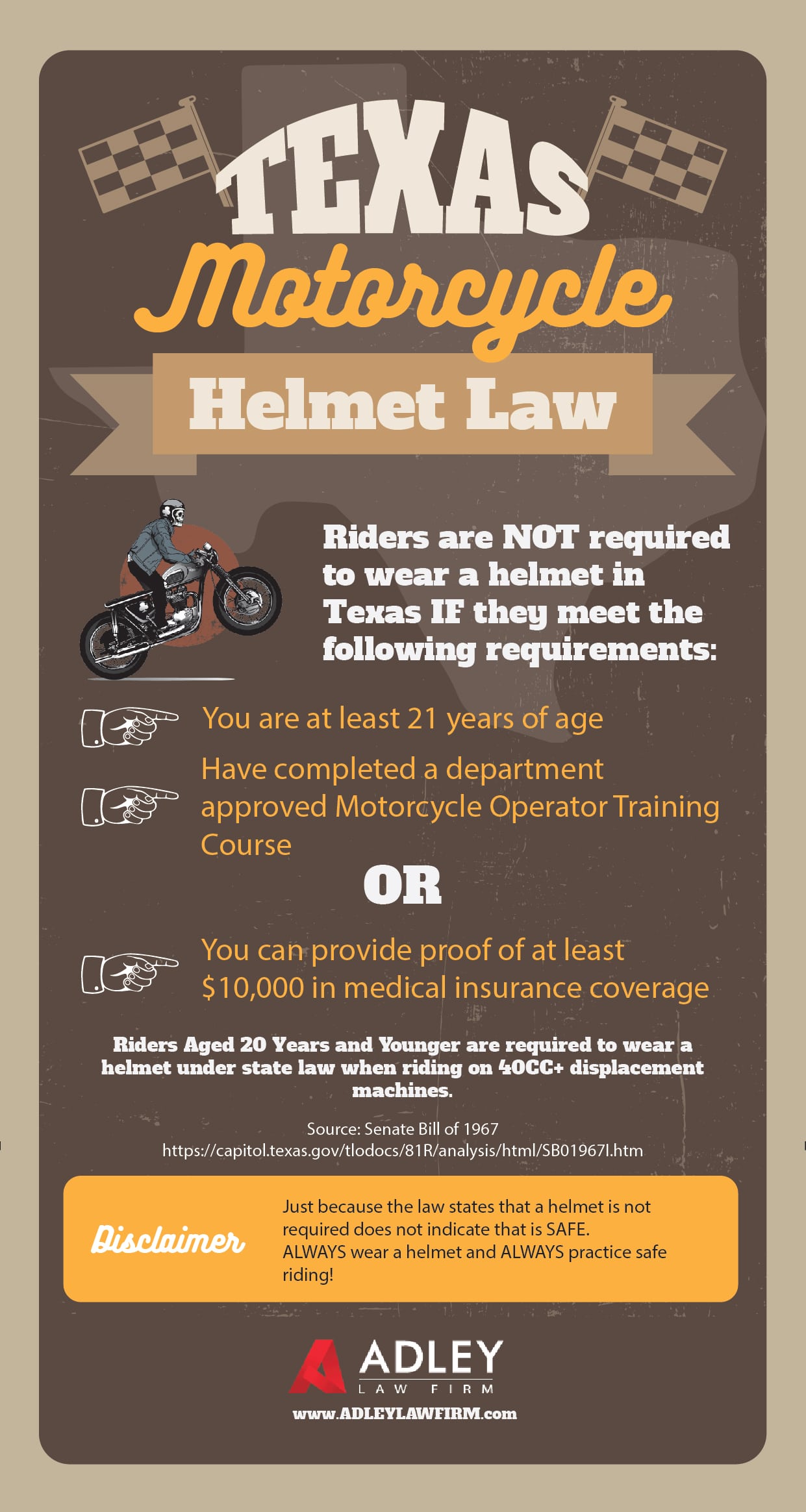Wednesday we will hear the presentation on cheerleading.
Friday we will start reading Good Sport: How Our Games Matter and Why Doping Undermines Them by Thomas Murray. The book is about doping, but also about many other issues--
- when does technical equipment confer an unfair advantage?
- who should participate in the Paralympics, not the Olympics?
- should men and women compete in different categories?
- what should be the rules that apply to trans and intersex women?
- should athletes be able to enhance themselves in every conceivable way?
The library has helped us out by providing access to the digital version. Use this link to access it or access through the syllabus.
Friday we will be talking about the types of doping Lance Armstrong engaged in to win the Tour de France seven times. If you have time and access, please watch the documentary The Armstrong Lie.
Mixed Martial Arts Presentation
Slides
Nicholas Dixon, "Internalism and External Moral Evaluation of Violent Sport"
Discussion topic (when we have time)
Are we exploiting delivery workers or other food workers when we order nonessential food during the pandemic?
Cases of exploitation we've already discussed (exploiter.....exploited)
- Hand sanitizer gougers.....people who bought on Amazon
- Prison.......prisoners who pay high prices to send email
- SMU law school.......lawyers who teach for free (there was doubt about this)
- Jeffrey Epstein ...... 14 year old girls
- Colleges ......... athletes
Theories of exploitation we've discussed
5. Failure to protect the vulnerable
8. Gaining by using and thereby harming
7. Taking unfair advantage, whether or not consensual and mutually beneficial
12. One side has large gains, the other side has small gains plus significant risks
When we place these orders during the pandemic are we like the exploiters in list #1? Do we fit the theories of exploitation in list #2?




























